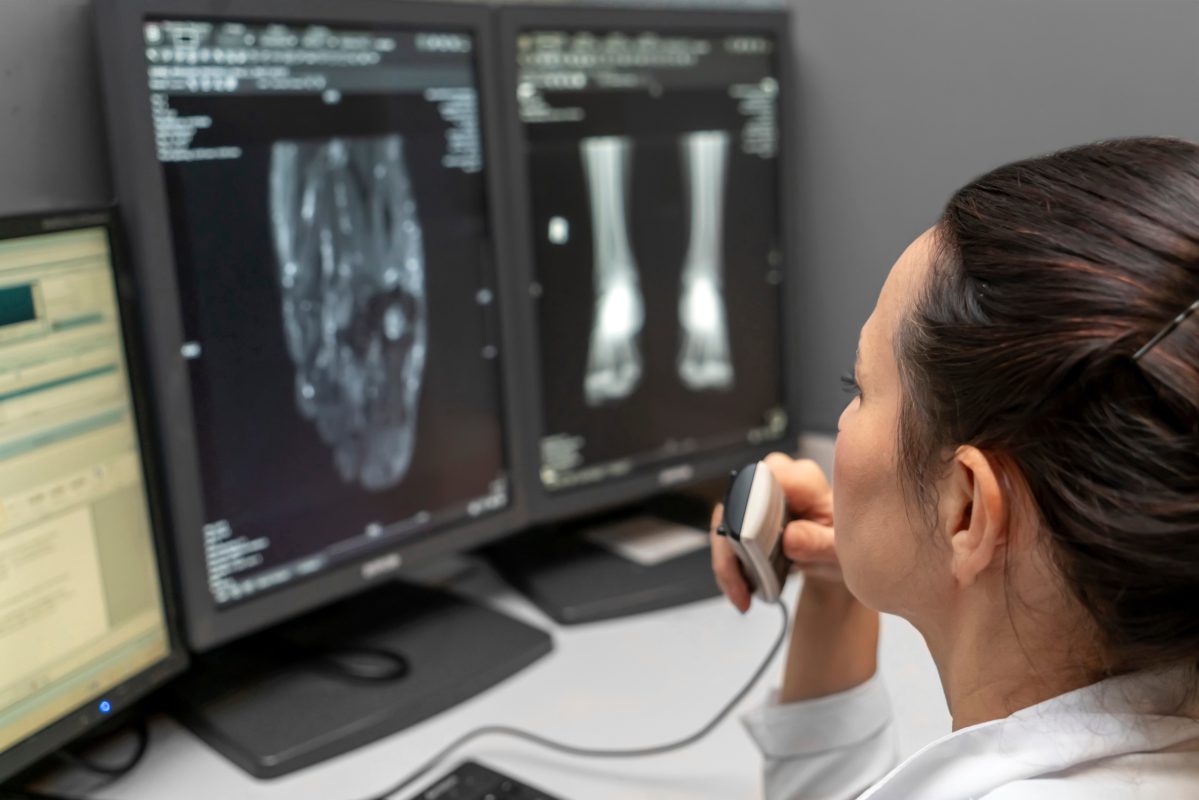Are you passionate about medicine and intrigued by the power of medical imaging? If so, a career in radiology may be the perfect fit for you. Radiologists are highly skilled physicians who specialize in analyzing medical images to aid in accurate diagnoses. In this article, we will explore the various pathways to becoming a radiologist, delve into exciting specializations within the field, and shed light on the future perspectives for aspiring radiologists.
Pathways to Becoming a Radiologist:
The Journey to Becoming a Radiologist: Education and Training
To embark on a successful radiology career, one must follow a well-defined pathway. Let’s take a closer look at the typical steps involved:
1. Undergraduate Education: Start your journey by pursuing a bachelor’s degree in a science-related field, focusing on essential subjects such as biology, physics, chemistry, and mathematics.
2. Medical School: After completing your undergraduate degree, it’s time to attend medical school and earn either a Doctor of Medicine (M.D.) or Doctor of Osteopathic Medicine (D.O.) degree. This phase involves rigorous coursework and clinical rotations, laying the foundation for your future radiology specialization.
3. Residency: Following medical school, aspiring radiologists must complete a residency program in diagnostic radiology, typically lasting four years. During this intensive training, you will gain hands-on experience in various imaging techniques and develop expertise in interpreting medical images.
4. Fellowship (Optional): Some radiologists choose to pursue specialized training in a specific area of radiology through fellowship programs. At CKR, many of our Radiologist completed fellowships. These fellowships, lasting one to two years, allow you to focus on areas such as interventional radiology, neuroradiology, musculoskeletal radiology, pediatric radiology, or nuclear medicine.
Specializations in Radiology
Exploring Radiology Specializations: Find Your Area of Expertise
Radiology offers diverse and exciting specializations that cater to specific medical imaging domains. Here are some prominent specializations to consider:
1. Diagnostic Radiology: Diagnostic radiologists specialize in interpreting X-rays, CT scans, MRI scans, and other imaging modalities to accurately diagnose various medical conditions.
2. Interventional Radiology: Interventional radiologists perform minimally invasive procedures using image guidance to treat a wide range of conditions, such as angiography, embolization, and biopsies.
3. Neuroradiology: Neuroradiologists focus on imaging the brain, spine, and nervous system, playing a critical role in diagnosing and treating neurological disorders.
4. Musculoskeletal Radiology: Musculoskeletal radiologists specialize in diagnosing and treating injuries and diseases affecting the bones, joints, and soft tissues.
5. Pediatric Radiology: Pediatric radiologists focus on imaging children, utilizing techniques tailored to their unique needs, and working closely with pediatricians and other specialists.
Future Perspectives
The Future of Radiology: Embracing Advancements and Opportunities
Radiology is a field constantly shaped by technological advancements and medical breakthroughs. Here are some future perspectives to consider:
1.Advanced Imaging Techniques: Emerging imaging techniques, such as molecular imaging, functional MRI, and diffusion tensor imaging, provide opportunities for detailed anatomical and functional assessment, expanding diagnostic capabilities.
2.Image-Guided Therapies: Radiologists will continue to expand their role in minimally invasive image-guided therapies, offering precise and targeted treatments for conditions including cancer, pain management, and vascular diseases.
3.Telemedicine and Teleradiology: With the growth of telemedicine, radiologists can provide remote interpretations and consultations, improving access to specialized care in underserved areas.
A career in radiology presents a rewarding journey for aspiring physicians passionate about the power of medical imaging. By following a structured educational pathway, pursuing specialized training, and embracing technological advancements, radiologists can contribute to accurate diagnoses, improved patient outcomes, and the ongoing evolution of medical imaging. The future of radiology holds promising opportunities for innovation and collaboration across various medical disciplines.
Embark on this exciting career path, and leverage your expertise in medical imaging to make a positive impact on patient care. Start your journey today, and unlock the endless possibilities that await in the dynamic field of radiology.

